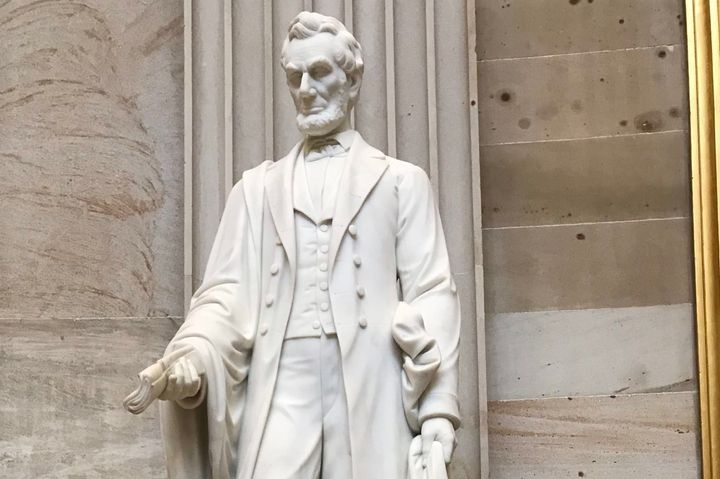The Art of Letting Go

One of the most challenging things for leaders of all levels, supervisor to CEO, is the difficulty of letting go of control. Especially for something we do well.
Holding on to control gives us several things. It provides us with the certainty of a job done right, or at least consistent with our current standards. It provides us with a feeling of significance that we are the ones that got the work done. It allows us to feel like a contributor to the team when our specific expertise helps solve a problem. Holding control can be thought of as holding on to power, and many people want to feel powerful. This behavior satisfies an innate scarcity mentality – if we hold onto the power and the knowledge we have, if we don’t share it with anyone else, we will have job security for a lifetime.
Of course, there are flaws in many of these beliefs, and it’s in those flaws that we find possibilities and the power to give more to our teams, our companies and ourselves. Most noteworthy is that our decision to give more is a choice that is 100% up to us.
The premise that we have certainty is correct up to a point. But the challenge with always being sure about anything is that we become B-O-R-E-D! We stop growing in this area of our leadership journey because we don’t stay curious and don’t embrace the uncertainty of a situation. There is confusion inherent in seeking to understand, and with it the discomfort that exists before we become sure about the next thing and LEARN! A state of confusion lies in the space before learning, and it can be uncomfortable. It is helpful to keep in mind that our discomfort is temporary.
Think back to when you were a kid. Remember learning to ride a bike. Were you that one in a million kid that stepped on and rode down the driveway without ever falling? Or were you the kid with concerned parents that suffered the pain of skinned elbows and knees? Remember the frustration of learning to ride a bike? Remember the difficulty of trying to steer, pedal, and remain upright? And, most of all, do you remember the feeling of the breeze in your hair as you, some hours or days later, hopped on your bike and felt the feeling of freedom?
This confusion present in learning physical things can be easier to deal with because there is a tangible benefit to learning a sport, or keyboarding, or skydiving, or learning to fly a plane. Each of these experiences has physical components which clearly demonstrate our progress on the road to mastery, or at least the thousands of hours it takes to reach mastery if we choose to do so.
Leadership is a more abstract concept. The signs of success can be muddled when we are part of a team, and we don’t know how much, or even if, our words have landed with any lasting impact. We mask our mastery of a leadership skill when we are not confident we are doing it right. We unfairly compare ourselves to others and decide we fall short. Because leadership is more abstract, using a trusted colleague for speech practice or a coach to guide you through your inexperience can be liberating.
Also, we’ve all been part of a team that clicked (if you haven’t, keep looking for opportunities to follow good leaders) but still experienced challenging moments during a project where we’ve looked around the room and saw what looked like hopelessness. In fact, the setback was temporary and what we saw was only frustration in search of a solution.
Take a moment to consider why and how you successfully reached the end and achieved something that looked like your outcome (or something even better than you dared hope).
You will always find at least one leader that stepped up to advocate for the team in the face of adversity. The leader who had the tough conversation with a threatened department head that turned that person around about the team’s mission. The leader who had everybody’s back and never lost sight of the team’s ultimate goal. The person who seemed to be already experiencing the victory in their mind. The colleague who restored your confidence with a few words at the end of a long day. The person who quietly nodded “Yes we can” when the flak from non-believers was deafening.


